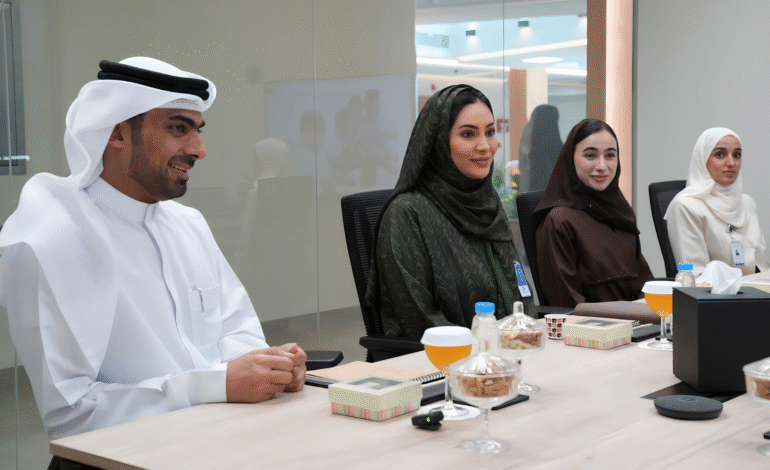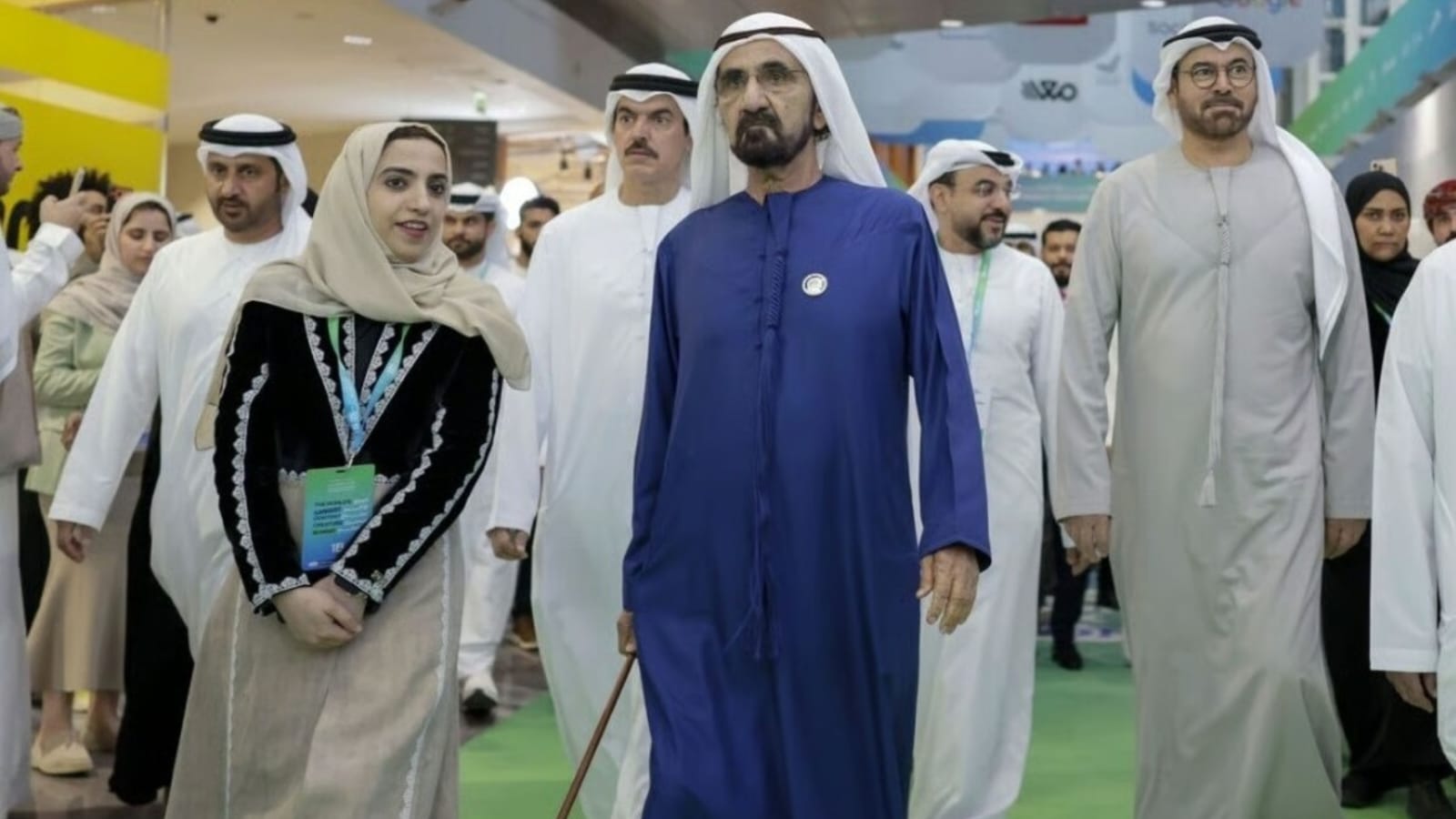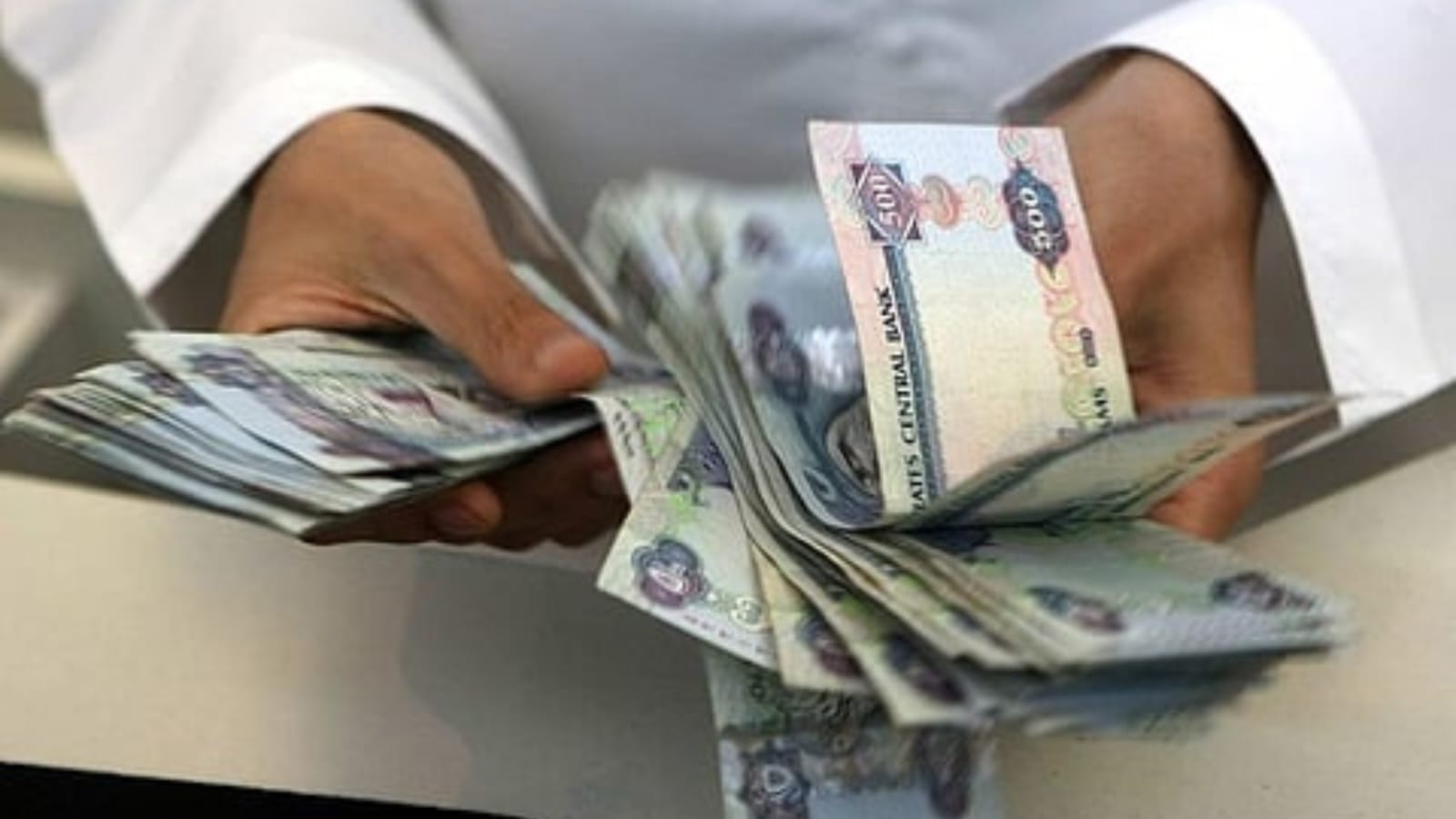Sharjah Archives Implements Records Management System at SCHS Headquarters

In a major step toward streamlining institutional operations and safeguarding humanitarian data, the Sharjah Archives has officially rolled out a modern records management system at the main office of Sharjah City for Humanitarian Services (SCHS). The initiative reflects Sharjah’s broader efforts to promote excellence in governance, sustainability in documentation, and efficiency in public service administration.
This strategic move not only enhances the documentation process but also aligns with global best practices for secure data retention and retrieval. It marks a significant collaboration between two respected Sharjah entities — both committed to maintaining the emirate’s legacy and improving quality of service across sectors.
Sharjah Archives and SCHS: A Partnership for Progress
The agreement for implementing the new records system was formally signed by Sheikh Khalid Bin Ahmed Bin Sultan Al Qasimi, Chairman of Sharjah Archives, and Sheikha Jameela Bint Mohammed Al Qasimi, Chairperson of SCHS. The event was witnessed by Mona Abdul Karim Al Yafie, Director-General of SCHS, along with several officials and staff from both organisations.
The collaboration signifies a shared vision to build a structured and reliable system for managing institutional records — one that will serve not just administrative needs, but also the humanitarian mission of SCHS.
A Technological Milestone in Documentation
The records management system introduced is among the most advanced solutions available for institutional use. Designed to improve organisational workflows, it offers comprehensive tools to classify, code, retain, schedule, and safely dispose of records.
By providing a centralised framework, this system guarantees easier access to information while maintaining the confidentiality and security of documents. It plays a crucial role in effective decision-making, ensuring that all relevant data is preserved, traceable, and usable for planning and governance.
The project demonstrates how the latest technology can support archival standards and administrative integrity in a rapidly evolving digital era.
Preserving Humanitarian Legacy and Service Data
Sheikh Khalid Bin Ahmed Bin Sultan Al Qasimi praised the initiative, describing it as a pivotal development in Sharjah’s journey toward transparent documentation and sustainable governance. He highlighted that the records system will be particularly valuable in safeguarding documents tied to humanitarian programmes and services.
“These records carry immense human value,” he said. “They relate to initiatives, statistics, and programmes that address the needs of vulnerable groups. Preserving this data ensures continuity, scientific analysis, and the advancement of services built on a foundation of historical accuracy.”
SCHS’s Role in Inclusive Services and Historical Documentation
For Sheikha Jameela Bint Mohammed Al Qasimi, the adoption of this specialist system underscores SCHS’s strategic goal of building partnerships and enhancing collaboration with key government bodies. She stressed the importance of effective document management in supporting the city’s operational and institutional goals.
“The city will make all files and data available to support this process,” she confirmed, “especially considering that SCHS is one of the oldest institutions in the region that serves persons with disabilities.”
She expressed her confidence that the partnership with Sharjah Archives will help SCHS document and preserve its legacy of achievement — a legacy that spans decades of providing care, rehabilitation, and empowerment to individuals with disabilities.
Documentation as a Strategic Resource
The new records management system is more than a technological upgrade — it is a strategic enabler. With proper classification and digital control of documents, SCHS can better monitor its services, generate reports, meet audit requirements, and adapt to future needs more efficiently.
Furthermore, preserving humanitarian documentation allows SCHS to evaluate the impact of its programmes, shape new policy directions, and share its success stories with stakeholders, both locally and internationally. It also creates a reliable knowledge base for future researchers, planners, and educators interested in the development of inclusive services in the UAE.
Aligning with Sharjah’s Governance Goals
This project supports Sharjah’s broader goals in digitising government services, increasing transparency, and embracing modern tools that enhance public administration. By applying smart recordkeeping systems in a humanitarian context, the emirate sets an example of how technological innovation can be applied to preserve institutional knowledge and improve service delivery.
The records management system fits seamlessly into ongoing initiatives across Sharjah aimed at upgrading government performance, digital transformation, and institutional resilience. As data becomes central to modern governance, effective management of records becomes essential for both compliance and performance improvement.
A Model for Government and Humanitarian Institutions
The success of this partnership between Sharjah Archives and SCHS offers a replicable model for other institutions in the region. Whether operating in health, education, humanitarian aid, or public services, agencies can benefit from adopting advanced records systems that not only reduce paperwork but also protect valuable data assets.
The model promotes cross-sector collaboration, government–NGO partnerships, and knowledge-sharing — all of which are key pillars in building smarter, more sustainable cities. As SCHS continues to serve the community, this new system ensures its impact and institutional memory are well preserved for generations to come.







